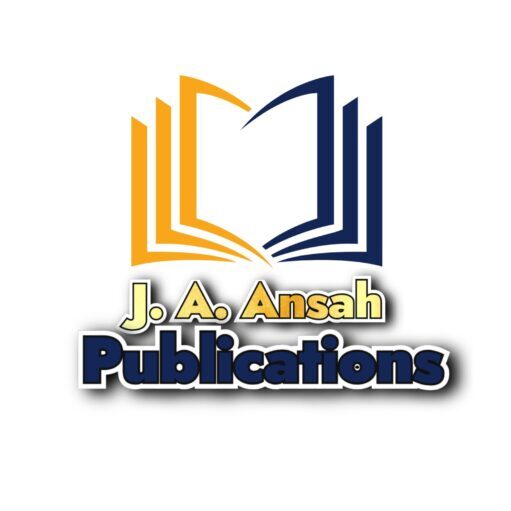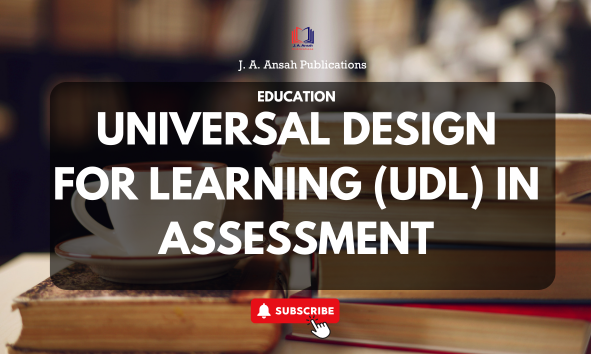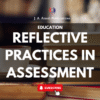UNIVERSAL DESIGN FOR LEARNING (UDL) IN ASSESSMENT
This is an educational framework that provides a flexible approach to teaching and learning, aiming to address the diverse learning needs of all students. It emphasises the proactive design of instructional materials, methods and assessments to be accessible and inclusive from the outset (National Centre on Universal Design for Learning. (n.d.).
UDL promotes the use of flexible and inclusive assessment strategies that accommodate different learning styles, preferences and abilities. This approach ensures that assessments are accessible to all students.
Example: A high school English teacher designs a literature unit with multiple options for assessment to accommodate diverse learner profiles. Students can choose to write an essay, create a multimedia presentation or perform a dramatic interpretation of a scene, allowing them to showcase their understanding and skills using different modalities.
Implications: Here are some key implications:
Multiple Means of Representation: UDL encourages providing multiple means of representation in assessments. This means presenting information and content in various formats and modalities to cater to diverse learners. Assessments can include visuals, videos, audio recordings or text-based materials to ensure that students can access and comprehend the content regardless of their learning preferences or abilities.
Flexible Assessment Formats: UDL promotes offering flexible assessment formats that accommodate different learning styles and preferences. Assessments can provide options for students to demonstrate their understanding and knowledge through various means, such as written responses, oral presentations, multimedia projects, or hands-on activities. This allows students to showcase their abilities in ways that align with their strengths and preferences.
Multiple Means of Expression: UDL encourages providing students with multiple means of expression in assessments. This involves allowing students to demonstrate their understanding using diverse forms of communication, such as written responses, verbal explanations, visual representations or multimedia presentations. By offering flexible options, assessments can assess students’ comprehension and knowledge without being limited by specific modes of expression.
Individualised Accommodations and Supports: UDL emphasises the provision of individualised accommodations and supports to meet the diverse needs of students during assessments. This may involve providing extra time, using assistive technologies, offering accessible formats, or providing additional resources. Individualised accommodations ensure that students with disabilities or specific learning needs can fully participate in and demonstrate their learning in assessments.
Clear Assessment Goals and Criteria: UDL underscores the importance of providing clear assessment goals and criteria to students. By clearly outlining the expectations and criteria for success, assessments become more transparent and accessible to all learners. Students can understand the assessment requirements, which promotes their active engagement and allows them to self-monitor their progress.
Self-assessment and Reflection: UDL encourages incorporating self-assessment and reflection components into assessments. Students can engage in self-reflection, evaluate their own learning and provide feedback on their strengths and areas for improvement. By involving students in the assessment process, they become active participants in their own learning journey and develop metacognitive skills.
Collaborative and Peer Assessment: UDL supports incorporating collaborative and peer assessment opportunities. Students can engage in peer feedback, co-assessment or group projects, allowing them to learn from and support one another. Collaborative assessment practices foster a sense of community, promote social interaction, and provide opportunities for students to develop interpersonal and communication skills.
Giangreco, M. F., Cloninger, C. J., & Iverson, V. S. (2018). Choosing outcomes and accommodations for children (COACH): A guide to educational planning for students with disabilities (3rd ed.). Brookes Publishing.
Quenemoen, R., Thurlow, M., & Moen, R. (2003). Handbook on alternative assessment strategies for special education. University of Minnesota, National Centre on Educational Outcomes.
National Centre on Universal Design for Learning. (n.d.). Retrieved from http://www.udlcentre.org/
National Centre on Educational Outcomes. (n.d.). Retrieved from https://nceo.info/
Polloway, E. A., Patton, J. R., & Serna, L. A. (2017). Strategies for teaching learners with special needs (11th ed.). Pearson.
Salend, S. J. (2019). Assessment in inclusive settings: Key issues for transitioning from traditional to authentic approaches. Routledge.
Westwood, P., & Graham, L. J. (2019). Special educational needs in schools: A manual for evaluation and assessment (4th ed.). Routledge.



